Certifications are optional in some states for radiologists, but that doesn’t mean you should overlook the importance of getting certified. Radiology certification is an industry-recognized credential that helps ensure a broad knowledge base and shows employers you’re committed to excellence in the field. Allied health certification can also enhance your career by increasing your professional credibility, potentially making you more employable.
To help you choose the best path for your career, Vivian Health covered the value of radiology tech certifications, exploring job opportunities and salary differences for top allied health specialties in this field.
The Value of Radiology Certification
Advanced imaging is used to diagnose and treat a wide range of conditions, making radiology a vital part of healthcare. As the field evolves, the need for specialized and skilled radiologists grows. Radiology is one of the fastest-growing healthcare careers of 2024, with magnetic resonance imaging (MRI), radiological and nuclear medicine technologists within the top 10 highest-paying allied health specialties. The Bureau of Labor Statistics estimates a 6% increase in demand for radiologic and MRI technologists from 2023 to 2033, adding 16,000 new job openings annually for the next decade.
Radiology tech certifications set you apart, showing employers you have advanced skills and a strong commitment to patient care. Holding the right certification can make you more attractive to employers, potentially opening up better job opportunities and higher pay.
Top Radiology Certifications for Job Opportunities
The American Registry of Radiologic Technologists (ARRT) is the main credentialing body for radiologic and imaging professionals. ARRT sets standards, offers certification exams and maintains credentials in various imaging specialties, ensuring high levels of expertise and ethical practice.
We explored the top radiology certifications to help you identify which might lead to better career prospects based on your goals. With constantly changing job trends, staying informed is vital. We gathered salary and job outlook data from Vivian Health on September 2, 2024, to provide transparent data for comparison. The number of jobs posted represents the job outlook on that date, but Vivian posts new positions hourly based on openings added by our staffing partners.
Certified Radiologic Technologist
 Radiology technologists perform diagnostic imaging using X-ray equipment, ensuring high-quality images for accurate diagnoses. They also manage patient care and safety during procedures.
Radiology technologists perform diagnostic imaging using X-ray equipment, ensuring high-quality images for accurate diagnoses. They also manage patient care and safety during procedures.
- Certification: The Registered Technologist (RT) in Radiography certification from ARRT is a key credential for diagnostic imaging professionals. It signifies proficiency in operating radiography equipment, patient care and producing high-quality diagnostic images.
- Job Outlook
- Staff Jobs Posted: 457
- Travel Jobs Posted: 2,125
- Salary Expectations
- Average Staff Salary: $40.38 per hour
- Average Travel Salary: $2,235 per week
Computed Tomography (CT) Technologist
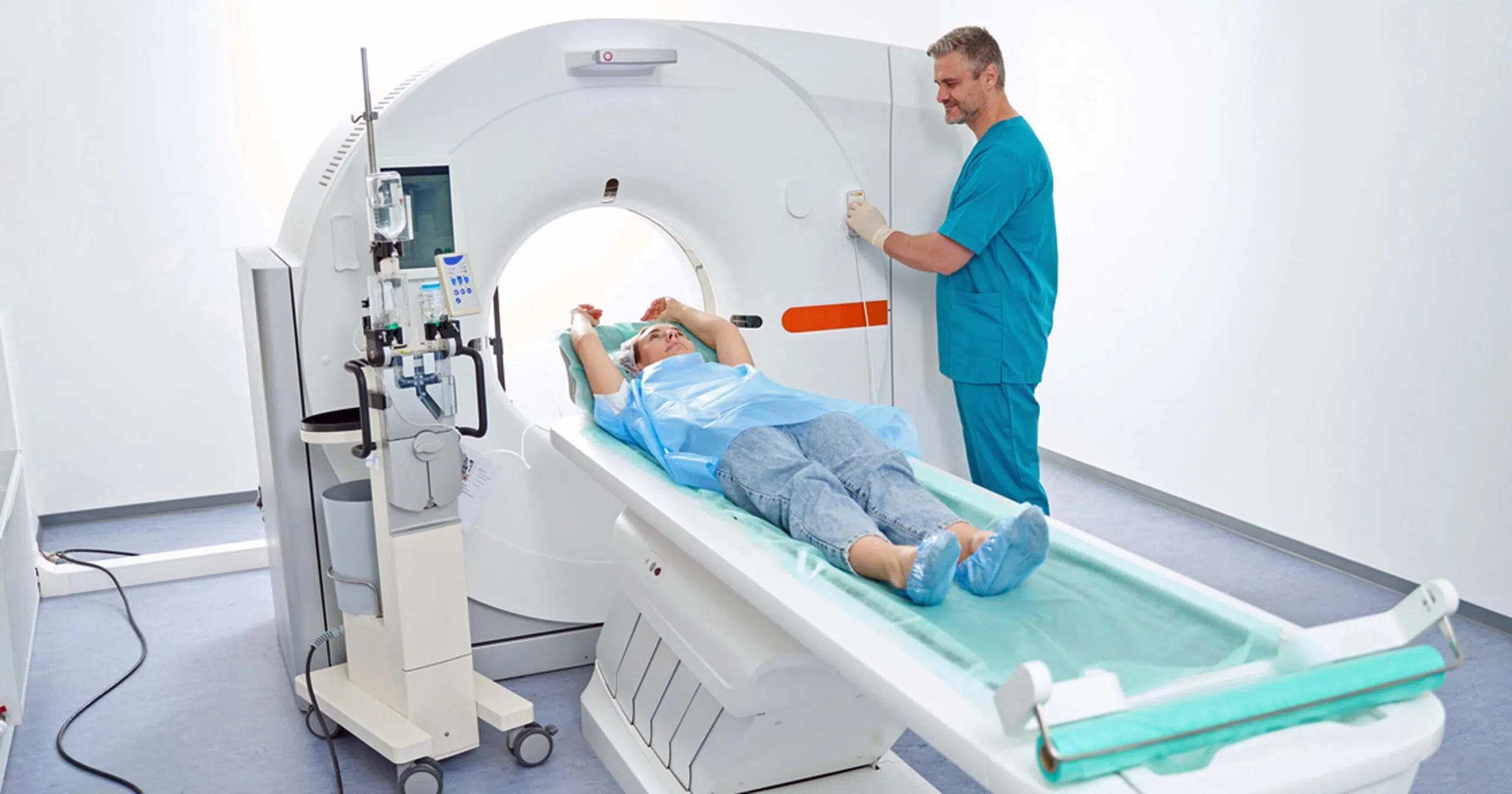
Certified CT technologists work in imaging centers and hospitals, producing scans to help diagnose conditions while managing image quality and radiation dose and assisting patients.
- Certification: ARRT may grant CT certification after a candidate earns ARRT credentials in radiography, nuclear medicine technology, radiation therapy or a similar credential from another organization.
- Job Outlook
- Staff Jobs Posted: 310
- Travel Jobs Posted: 14,682
- Salary Expectations
- Average Staff Salary: $47.35 per hour
- Average Travel Salary: $2,498 per week
Magnetic Resonance Imaging (MRI) Technologist
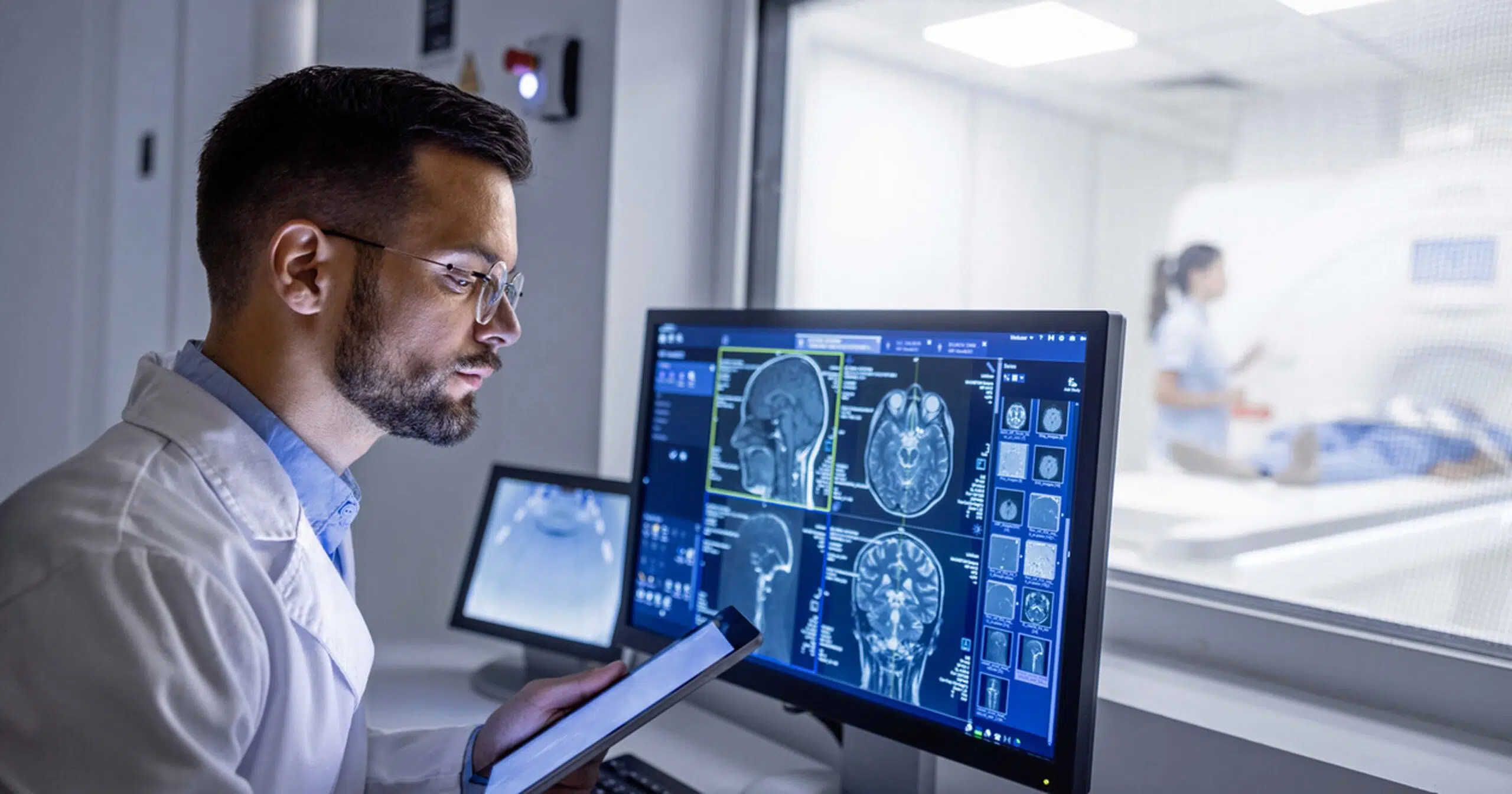
MRI technologists use MRI machines to capture detailed body images for diagnoses while ensuring patient comfort and safety during scans.
- Certification: The RT in MRI Certification from ARRT is a specialized credential highlighting advanced expertise in MRI technology, covering MRI physics, patient care and safety in magnetic resonance environments.
- Job Outlook
- Staff Jobs Posted: 177
- Travel Jobs Posted: 5,417
- Salary Expectations
- Average Staff Salary: $50.09 per hour
- Average Travel Salary: $2,531 per week
Mammography Technologist
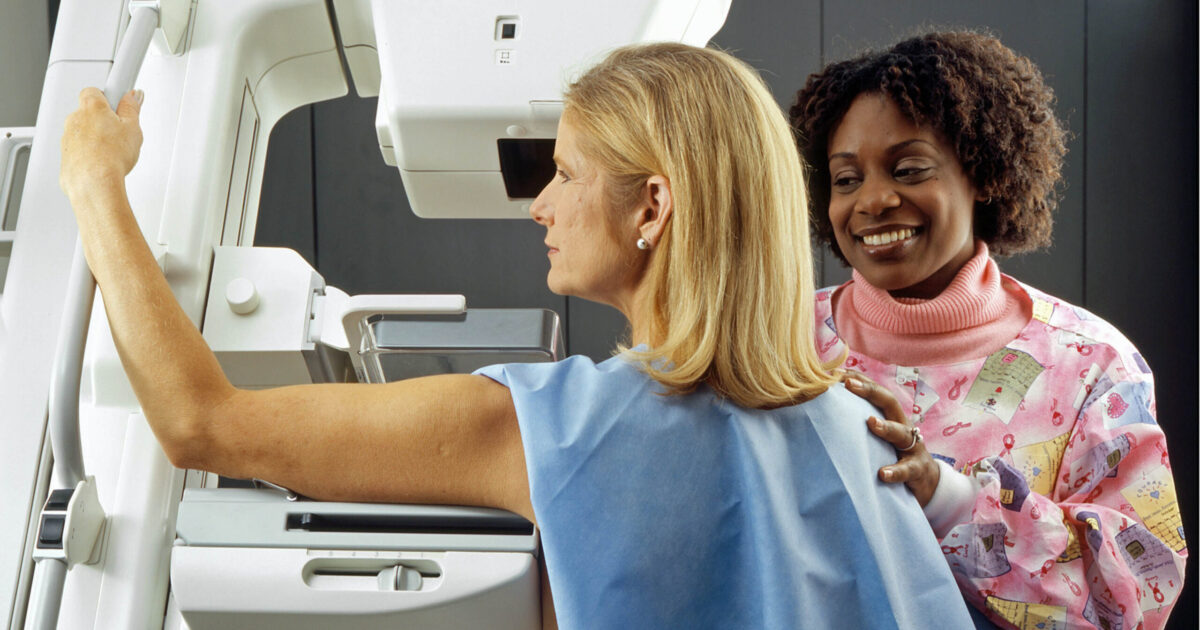
Mammographers play a crucial role in early breast cancer detection and support through screenings and follow-up scans. Mammography technologists provide comfort to anxious patients and follow safety protocols to minimize radiation exposure to patients and staff.
- Certification: Mammography RT certification from ARRT proves you have the skills and training for top-notch patient care.
- Job Outlook
- Staff Jobs Posted: 86
- Travel Jobs Posted: 953
- Salary Expectations
- Average Staff Salary: $54.33 per hour
- Average Travel Salary: $2,517 per week
Emerging Certifications with High Demand
Interventional Radiology (IR) Technologist
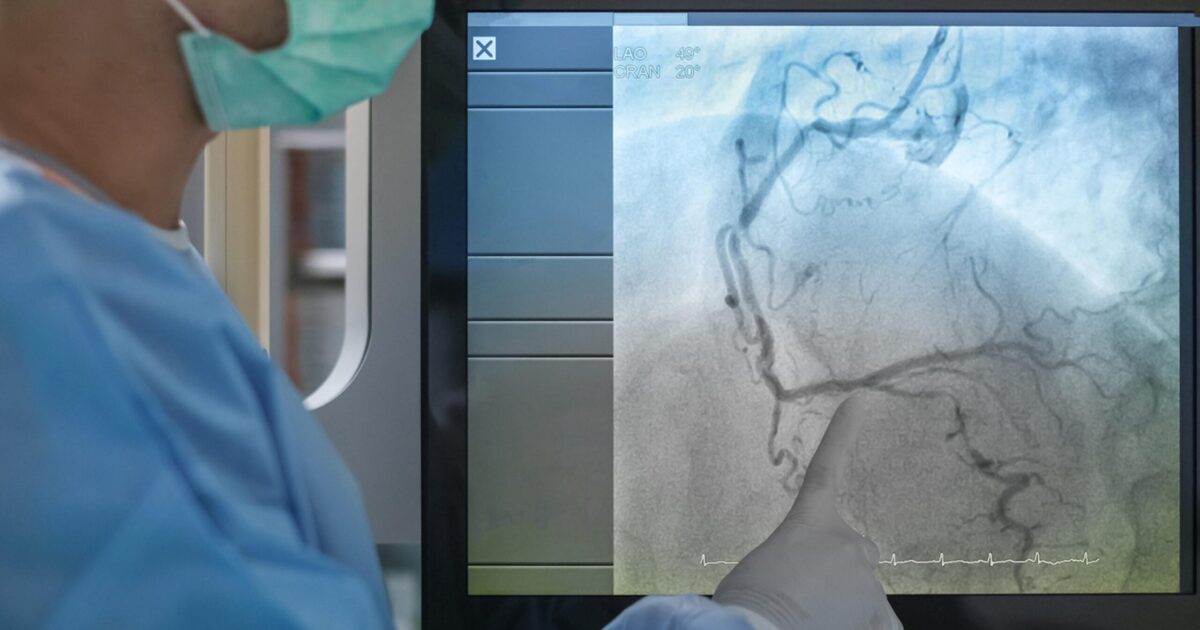
An IR technologist performs imaging procedures to assist in minimally invasive treatments. They use techniques like X-ray, CT and ultrasound to guide procedures and ensure patient safety.
- Certification:
- The RT in Vascular-Interventional Radiography certification from ARRT signifies expertise in performing diagnostic and therapeutic vascular procedures, such as catheterizations, angioplasties and stent placements.
- The Cardiac-Interventional Radiography RT certification from ARRT is for technologists specializing in cardiac procedures. It confirms expertise in cardiac catheterizations, complex imaging and the use of cardiovascular equipment.
- Job Outlook
- Staff Jobs Posted: 38
- Travel Jobs Posted: 3,035
- Salary Expectations
- Average Staff Salary: $53.71 per hour
- Average Travel Salary: $2,754 per week
Nuclear Medicine Technologist
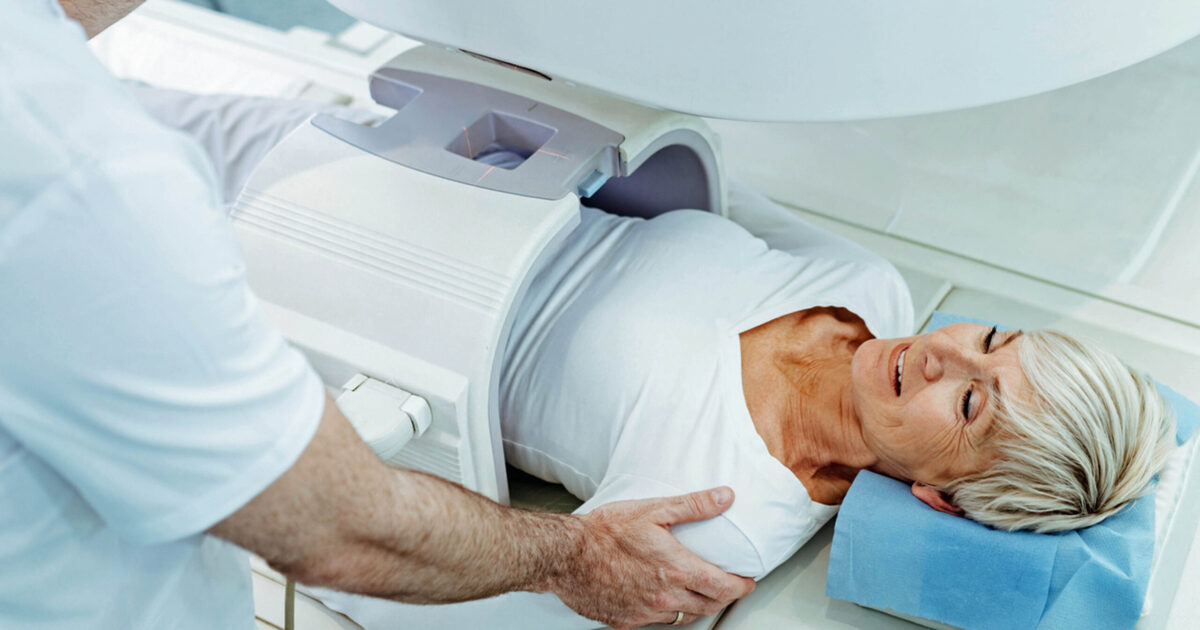
Nuclear medicine technologist specializes in using radioactive materials to diagnose and treat diseases. They prepare and administer radiopharmaceuticals, perform imaging procedures such as PET and SPECT scans, and analyze images to assist physicians in diagnosing conditions.
- Certification:
- The Certified Nuclear Medicine Technologist certification, awarded by the Nuclear Medicine Technology Certification Board, is the generalized credential for nuclear medicine. It’s recognized by state licensing boards and valued by employers.
- The Nuclear Medicine Technology RT (ARRT) certification verifies expertise in safely using radioactive materials in nuclear medicine for diagnostic and therapeutic purposes.
- Job Outlook:
- Staff Jobs Posted: 87
- Travel Jobs Posted: 1,459
- Salary Expectations:
- Average Staff Salary: $59.32 per hour
- Average Travel Salary: $2,587 per week
Steps to Obtain a Radiology Certification
Most national agencies require at least an associate degree for certification, covering all types of radiologic imaging. If you go for a diploma or certificate, it’ll usually focus on one imaging type, like X-rays. Don’t forget to check your state’s specific requirements—some may need you to pass a limited-scope exam for licensure.
ARRT Primary Credential Details
- Education: You need an associate degree or higher, plus training from an ARRT-recognized program in your chosen field.
- Ethics: Candidates must demonstrate strong moral character.
- Exam: The exam is computerized and mainly multiple choice. It includes test questions covering patient care, safety, image production and procedures. Most primary credential exams take about 4 hours but double-check the specifics for your exam before testing day. ARRT’s website offers a detailed outline of what’s on the exam. Use it to guide your study plan and focus on the key areas includes in the test.
Certificate vs. Certification
Allied health certification is a big step in your radiology career, and with the right preparation, you’ll be set up for success. First, it’s essential to understand the difference between a certificate program and gaining certification from a professional organization.
- Certificate: You earn a certificate after completing an educational program, like a course or training specific to a particular imaging technique. While valuable, a certificate shows you’ve learned specific skills in a controlled setting. It’s often the first step in your professional journey.
- Certification: A certification is a higher-level credential granted after you meet specific professional criteria, such as completing an accredited program, meeting clinical experience requirements and passing a rigorous exam. Certifications are industry-recognized and signify that you have the knowledge and experience to work independently in your field.
Related: 6 Ways Allied Health Certifications Enhance Your Career
How to Pick a Certification Program

Choosing the right certification program can be a game-changer for your radiology career. Here’s what you need to know to make the best choice.
- Consider the Duration and Cost: Different certifications require varying amounts of time and money. Some may take a few months, while others could take years. Be sure to weigh the commitment against the potential benefits.
- Job Stability and Growth Opportunities: Look into how stable and in-demand the jobs are for each related certification. Certifications in high-demand specialties can lead to more secure, longer-term employment.
- Check Accreditation: Ensure your program is accredited by the Joint Review Committee on Education in Radiologic Technology (JRCERT). It’s the only agency recognized by the United States Department of Education for accrediting traditional and distance learning programs in radiography, radiation therapy, magnetic resonance and medical dosimetry. Accreditation from JRCERT adds credibility to your education and can enhance your job prospects.
Pursuing radiology certifications can truly elevate your career. These certifications expand your skills, helping you to stay ahead of industry trends and unlock new job opportunities. Certification validates your expertise and shows your commitment to staying current in a rapidly evolving field.
Investing in certifications enhances your professional profile, potentially opening doors to specialized roles and higher earning potential. With the radiology landscape constantly shifting, continuous learning and certification are key to keeping your skills sharp and relevant.
Ready to take your career to the next level? Stay proactive, keep learning and let your certifications reflect your dedication to excellence in radiology.
Sign up for the Vivian app today to explore new opportunities, connect with top employers and find the resources you need to advance your career.









